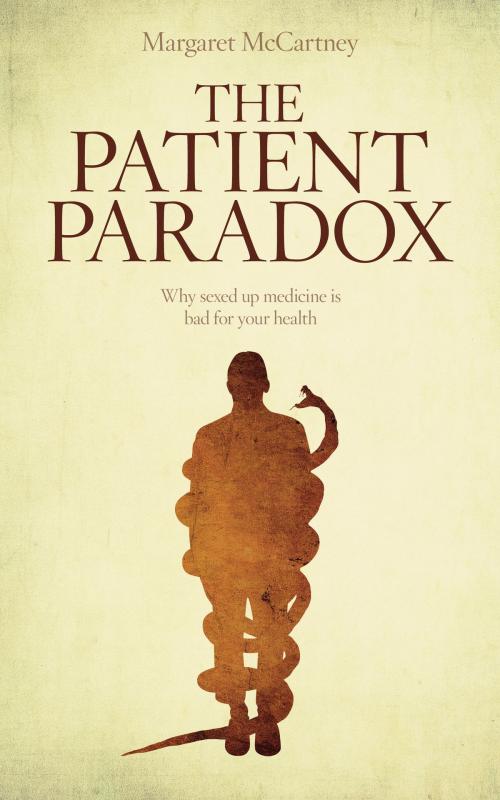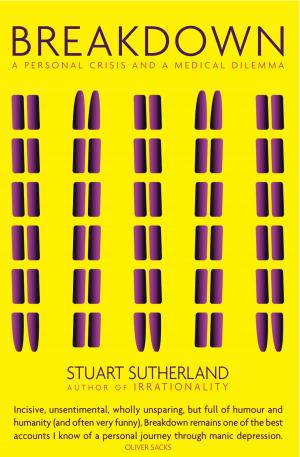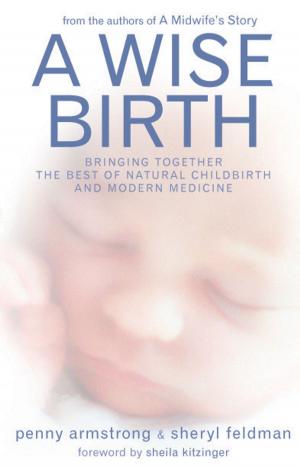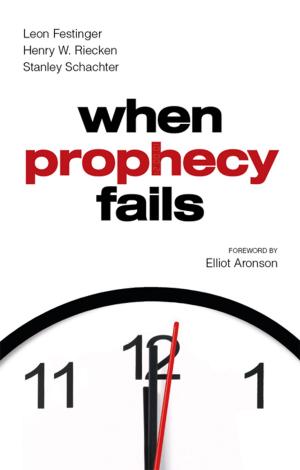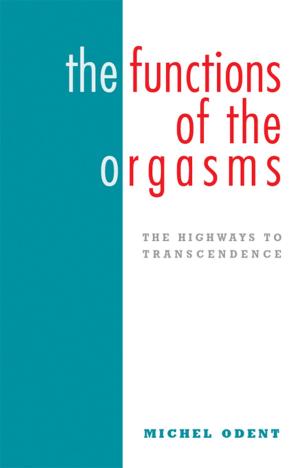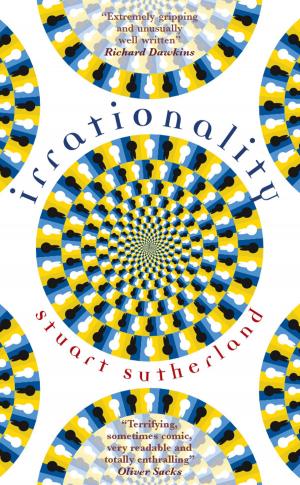The Patient Paradox: Why sexed-up medicine is bad for your health
Nonfiction, Health & Well Being, Medical| Author: | Margaret McCartney | ISBN: | 9781780660011 |
| Publisher: | Pinter & Martin | Publication: | July 1, 2012 |
| Imprint: | Language: | English |
| Author: | Margaret McCartney |
| ISBN: | 9781780660011 |
| Publisher: | Pinter & Martin |
| Publication: | July 1, 2012 |
| Imprint: | |
| Language: | English |
In the world of sexed-up medicine pharmaceutical companies gloss over research they don't like and charities often use dubious science and dodgy PR to 'raise awareness' of their disease, leaving a legacy of misinformation in their wake. Our obsession with screening swallows up the time of NHS staff and the money of healthy people who pay thousands to private companies for tests they don't need. Meanwhile, the truly sick are left to wrestle with disjointed services and confusing options.
Explaining the truth behind the screening statistics and investigating the evidence behind the hype, Margaret McCartney, an award-winning writer and doctor, argues that this patient paradox too much testing of well people and not enough care for the sick worsens health inequalities and drains professionalism, harming both those who need treatment and those who don't.
The arguments are measured and well-referenced; the conclusions are distressing... Read this book. But don't expect to be able to practice medicine in the same way again. British Journal of General Practice
Everyone who is interested in the UK National Health Service (NHS) should read this magnificent book. --HealthWatch newsletter
Margaret McCartney's writings are appealing. This is not only because she is an excellent writer, but also because they mix insufficiently uttered common sense with iconoclasm and challenges to mainstream thinking. The Patient Paradox is packed with these things. Sir Iain Chalmers, James Lind Alliance
McCartney is diligent enough to dig deep into the evidence, brave enough to name names where necessary and lucid enough to capture a concept in a memorable sentence, such as, 'When you replace the doctor-patient relationship with a doctor-customer relationship, there is almost no point having a doctor in the equation'. Pulse
In the world of sexed-up medicine pharmaceutical companies gloss over research they don't like and charities often use dubious science and dodgy PR to 'raise awareness' of their disease, leaving a legacy of misinformation in their wake. Our obsession with screening swallows up the time of NHS staff and the money of healthy people who pay thousands to private companies for tests they don't need. Meanwhile, the truly sick are left to wrestle with disjointed services and confusing options.
Explaining the truth behind the screening statistics and investigating the evidence behind the hype, Margaret McCartney, an award-winning writer and doctor, argues that this patient paradox too much testing of well people and not enough care for the sick worsens health inequalities and drains professionalism, harming both those who need treatment and those who don't.
The arguments are measured and well-referenced; the conclusions are distressing... Read this book. But don't expect to be able to practice medicine in the same way again. British Journal of General Practice
Everyone who is interested in the UK National Health Service (NHS) should read this magnificent book. --HealthWatch newsletter
Margaret McCartney's writings are appealing. This is not only because she is an excellent writer, but also because they mix insufficiently uttered common sense with iconoclasm and challenges to mainstream thinking. The Patient Paradox is packed with these things. Sir Iain Chalmers, James Lind Alliance
McCartney is diligent enough to dig deep into the evidence, brave enough to name names where necessary and lucid enough to capture a concept in a memorable sentence, such as, 'When you replace the doctor-patient relationship with a doctor-customer relationship, there is almost no point having a doctor in the equation'. Pulse
